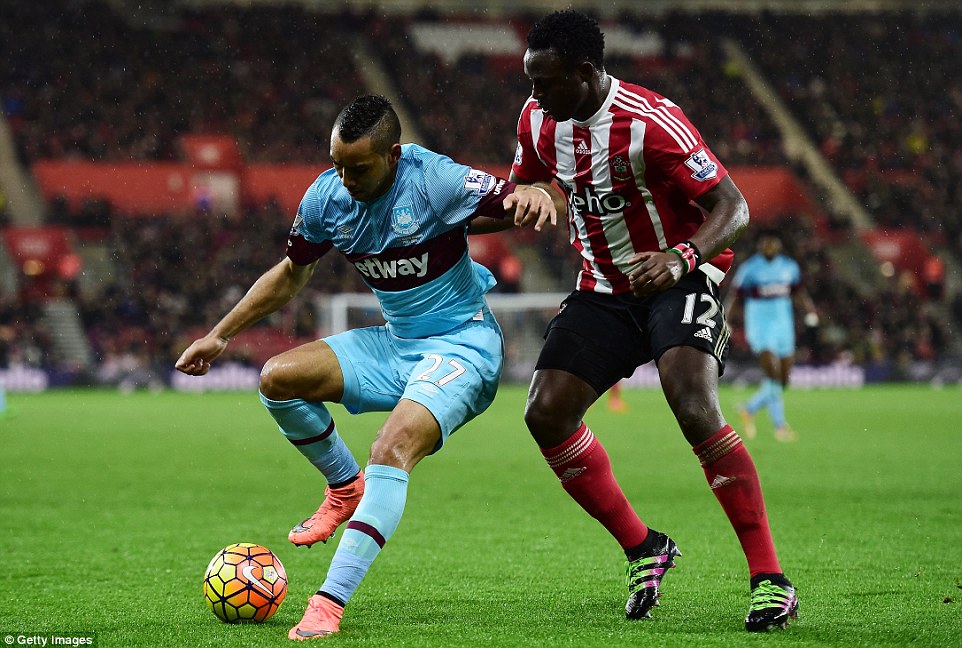The curtain had barely risen on the new Premier League season, yet for West Ham United, the stage lights already cast long, ominous shadows. A brutal 5-1 dismantling by a vibrant Chelsea side at the London Stadium, merely two games into the campaign, has not just raised eyebrows but ignited a full-blown crisis alarm. This wasn`t just a loss; it was a narrative etched in every porous defensive line and every muted roar from the stands, signaling profound issues far beyond a single bad day at the office.
The Unraveling on the Pitch: Defensive Disarray and Tactical Drift
From the first whistle, a sense of foreboding hung heavy in the east London air. While Lucas Paqueta`s thunderous early strike offered a fleeting illusion of competence, it quickly dissolved into a tactical mirage. What followed was a defensive masterclass in how not to defend: players seemingly operating as independent contractors rather than a cohesive unit. The vast expanse of the London Stadium pitch, usually a canvas for thrilling attacking play, became a cavernous void that Chelsea`s young attackers exploited with alarming ease.
The statistics, often cold and unforgiving, painted a grim picture. Opposing midfielders, once the subject of robust challenges in West Ham’s more defiant days, now exchanged passes with casual indifference, unpressured and unperturbed. This passivity extended into the penalty box itself, where runners were allowed to glide unchecked, and crucial second balls frequently fell to the feet of the opposition. Corners, once an opportunity for West Ham to exert physical dominance, became a source of immediate peril, highlighting fundamental flaws in marking and anticipation. It was a display that suggested either a severe lack of organization or, more troubling still, a complete erosion of basic execution from the players on the field.
Graham Potter`s Conundrum: From Frying Pan to Fiery Furnace?
The spotlight, naturally, pivots to manager Graham Potter. Having carefully plotted his return to the dugout following a challenging tenure elsewhere, this early season debacle presents an immediate, existential threat to his project. The responsibility for “failings of spirit and structure,” as one observer might put it, now squarely rests on his shoulders. The tactical blueprint, whether a back five or four, appeared equally ineffective, suggesting that the problem transcends mere formation and delves into the very core of player motivation and understanding.
One might recall the pre-season optimism, a quaint notion now, when the promise of a fresh start under Potter was whispered amongst the faithful. Yet, merely weeks later, he stands bereft on the touchline, the gravity of the situation visibly etched on his face. The question isn`t just about what happened on the day, but whether he can instill the necessary aggression, discipline, and, critically, a sense of collective purpose required to navigate the choppy waters ahead. For a manager known for his meticulous approach, these early results hint at a deeper disconnect that demands immediate, radical solutions.
Beyond the Touchline: A Club`s Deeper Malaise
While the immediate blame often falls on the manager and players, the roots of West Ham’s current predicament arguably run deeper. The echoes of the “Declan Rice millions” still reverberate, prompting uncomfortable questions about their allocation. Has the club truly reinvested wisely? The article hints at a team “light on creativity” and a failure to adequately replace key departures, a sentiment that resonates with many disillusioned fans.
A decade-long struggle to find a prolific striker continues to haunt the club, and the current attacking options seem to offer little respite. Coupled with a defensive unit that now appears alarmingly fragile, the squad balance raises serious concerns. Last season`s underlying statistics, notably a poor non-penalty expected goal difference among those who avoided relegation, served as a stark warning. It appears those warnings, like many a defensive runner, went unheeded.
Echoes from the Stands: The Fans` Verdict
The most telling indictment came not from pundits or statisticians, but from the very heart of the club: its supporters. The glum faces before kick-off, the exodus at halftime, and the chilling chant of “You`re going down” from the visiting fans – all painted a picture of deep-seated disillusionment. For a club that proudly boasts a passionate fanbase, the sight of stewards intervening in clashes with “irate fans” speaks volumes about the boiling frustration.
West Ham fans have seen their share of ups and downs, but the capitulation against Chelsea felt different. It wasn`t just a loss; it was a betrayal of expectations, a stark reminder that the cherished “iron will and flair” of recent memory has seemingly evaporated. The fear now is not just losing games, but losing the very soul of a team that once fought “like hell” for every lead.
The Road Ahead: Navigating the Premier League`s Perilous Depths
Two games into a long Premier League season, and West Ham United finds itself at a critical juncture. The crushing defeat to Chelsea isn`t merely a statistic; it`s a clarion call. The club, with a history of flirting with the drop, must now confront the uncomfortable truth that being “too good to go down” is a dangerous illusion. Graham Potter faces an immense challenge: to re-instill belief, restructure a porous defense, and reignite a flickering flame of ambition. Failure to do so could see the early season crisis escalate into a full-blown battle for Premier League survival, a narrative no fan in east London wishes to revisit.

